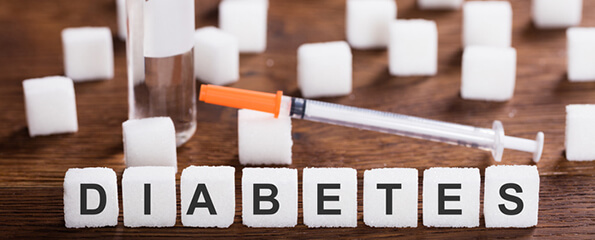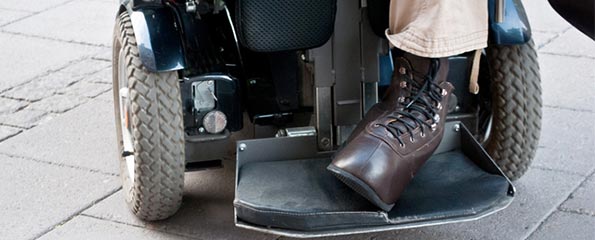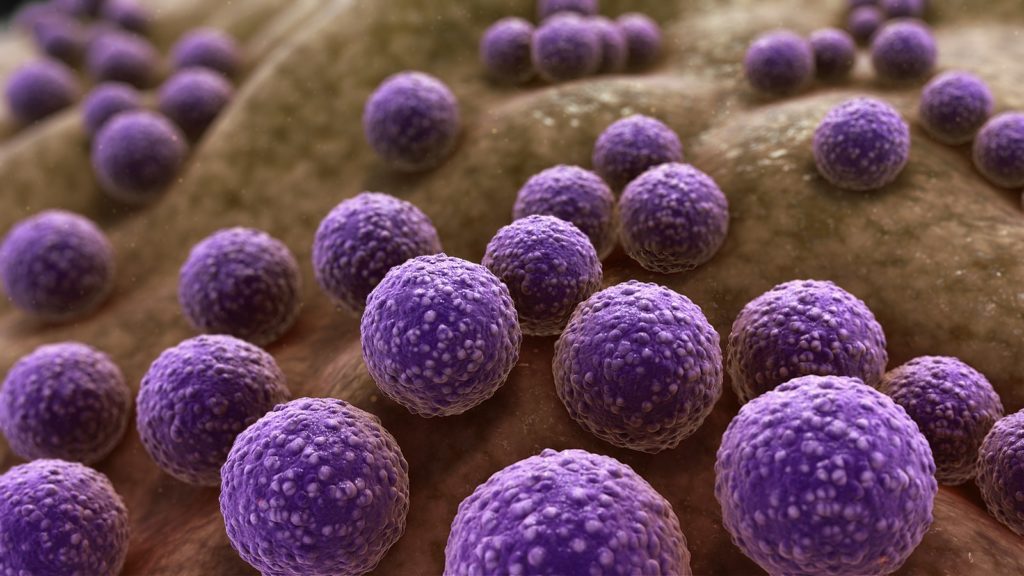The purpose of this study is to see if it is effective to give HIV-positive patients interleukin-2 (rIL-2) in addition to anti-HIV therapy. Patients will be followed over a period of 5 years to study the long-term effects of rIL-2 on their HIV disease progression. Anti-HIV therapy has been very successful in treating HIV-positive patients and in keeping viral load (level of HIV in the blood) low. However, anti-HIV drugs cannot completely rid the body of the virus, and the immune system is never completely restored in HIV-positive patients. Doctors hope that giving patients rIL-2 plus anti-HIV therapy will help improve their immune systems and keep them healthier over a longer period of time. IL-2 is a protein found naturally in the blood that helps boost the immune system.
Official Title
A Randomized, Open-Label, Phase III, International Study of Subcutaneous Recombinant IL-2 (Proleukin) in Patients with HIV-1 Infection and CD4+ Cell Counts Greater than or Equal to 300/mm3: Evaluation of Subcutaneous Proleukin in a Randomized International Trial (ESPRIT)
Conditions
HIV Infections
Study Type
Interventional
Study Design
Treatment, Efficacy Study
Further Details
Much progress has been made in implementing potent antiretroviral therapy that is able to maximally suppress viral replication. However, these drug combinations do not result in viral eradication and, for many patients, virologic and immunologic control cannot be maintained. Even among patients with apparent virologic control, a “ceiling effect” seems to exist with failure of CD4 cell counts to rise on average more than 100 to 150 cells/mm3, at least during the first 2 years of therapy. The incomplete recovery of immune function after initiation of therapy remains an obstacle in the management of HIV. Preservation of immune function by direct expansion of CD4 lymphocytes with IL-2 could represent a significant additional treatment strategy. It also has been speculated recently that IL-2 in combination with potent antiretroviral therapy may be a useful approach for purging HIV from the latently infected CD4 cells. It is hoped that intervention with rIL-2 therapy in combination with antiretroviral therapy at an early stage of HIV infection can prevent CD4 T-cell depletion and result in fewer AIDS-defining illnesses than with antiretroviral therapy alone. Patients are randomized to receive SC rIL-2 therapy or no SC rIL-2 therapy. All patients must receive combination antiretroviral treatment, with the choice of therapy at the discretion of the treating clinician. However, antiretroviral medications are not provided by this study. Recombinant IL-2 is given SC for 5 consecutive days every 8 weeks for at least 3 cycles unless toxicities or other contraindications develop. After the first three cycles, additional cycles are given at the discretion of each patient’s physician, with a general goal of maintaining the patient’s CD4 cell count at twice the baseline level or at 1,000 cells/mm3 or above for as long as possible. Patients in the no SC rIL-2 group receive no injections. Patients in both treatment groups are seen every 4 months for follow-up data collection to monitor viral load and CD4 cell counts. All patients are followed for an average of 5 years. During the trial, patients in the no SC rIL-2 group are not given rIL-2 at any point. However, at the end of the study, if rIL-2 is found to be effective in reducing the rate of disease progression [AS PER AMENDMENT 12/15/00: (new and recurrent events)], including death, all patients are offered rIL-2.
Study Start
Eligibility & Criteria
Ages Eligible for Study: 18 Years and above, Genders Eligible for Study: Both Criteria Inclusion CriteriaPatients may be eligible for this study if they:Are HIV-positive. Have a CD4 cell count of 300 cells/mm3 or more within 45 days of study entry. Are on combination anti-HIV therapy or are beginning anti-HIV therapy at the time of study entry. Are at least 18 years old. Exclusion CriteriaPatients will not be eligible for this study if they:Have received IL-2 before. Have cancer requiring chemotherapy. Have evidence of active clinical disease within the past year for any AIDS-defining illness or certain other conditions such as herpes zoster or Chagas’ disease. (This study has been changed. Previously, patients were ineligible if they had a history of any AIDS-defining illness or certain other conditions.) Have used certain medications, such as corticosteroids or drugs affecting the immune system, in the 45 days before study entry. Have a nervous system disorder requiring antiseizure medication. Have an autoimmune or inflammatory disease such as inflammatory bowel disease (e.g., Crohn’s disease or ulcerative colitis), psoriasis, optic neuritis, or any autoimmune/inflammatory diseases with potentially life-threatening complications. Are pregnant or breast-feeding.
Total Enrolment
4000
Contact Details
[1] National Institute of Allergy and Infectious Diseases (NIAID) (US)
All content and media on the HealthEngine Blog is created and published online for informational purposes only. It is not intended to be a substitute for professional medical advice and should not be relied on as health or personal advice. Always seek the guidance of your doctor or other qualified health professional with any questions you may have regarding your health or a medical condition. Never disregard the advice of a medical professional, or delay in seeking it because of something you have read on this Website. If you think you may have a medical emergency, call your doctor, go to the nearest hospital emergency department, or call the emergency services immediately.







